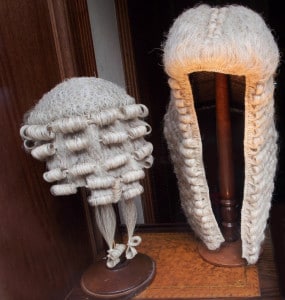Barristers who outsource work must not “ask for or accept” any payment from third parties, the Bar Council has warned.
However, third parties can “for commercial reasons” offer services to barristers at lower than normal rates, so long as the “entire benefit” is passed to lay clients.
In new guidance on outsourcing published on its website, the Bar Council said this could include using paralegals, external clerking or administration services.
The Bar Council reminded barristers that they were banned under the Bar Standards Board Handbook from “offering, promising or receiving commissions, referral fees and gifts” which might “reasonably be seen” as compromising their independence.
Where barristers outsource work to a third party, the Bar Council said it would be a breach of their duties for them to “ask for or accept” any payment, “irrespective of whether the technical definition of a ‘referral fee’ in the Handbook would catch some payments”.
Barristers were also advised to consider the impact of outsourcing on their own fees. “One thing that you cannot do is simply charge for work at your hourly rate if you have paid someone else to do that work.”
The Bar Council said its “current understanding” was that a third party’s fees or charges incurred for support services related to legal services could be treated “in the same way as other outgoings, such as chamber’s rent or travel expenses” for tax purposes.
However, this assumed that the third party was an independent contractor rather than an employee.
It warned of the dangers of conflicts of interest where barristers outsource work to someone with whom there was “a close professional or personal relationship” or someone with whom they already had a financial relationship, such as a service company in which the chambers had invested.
“The same will be true if you do not engage that third party yourself, but you suggest or recommend a particular third party to your lay client.
“There is no prohibition on using the services of a third party in these circumstances. Indeed, your client may well be relying on your experience to identify someone whom you know personally to be well-equipped to provide the necessary service.”
In this case, the Bar Council said that in order to avoid any conflict of interest, barristers must ensure clients were not misled as to any interest or relationship which existed.















Leave a Comment